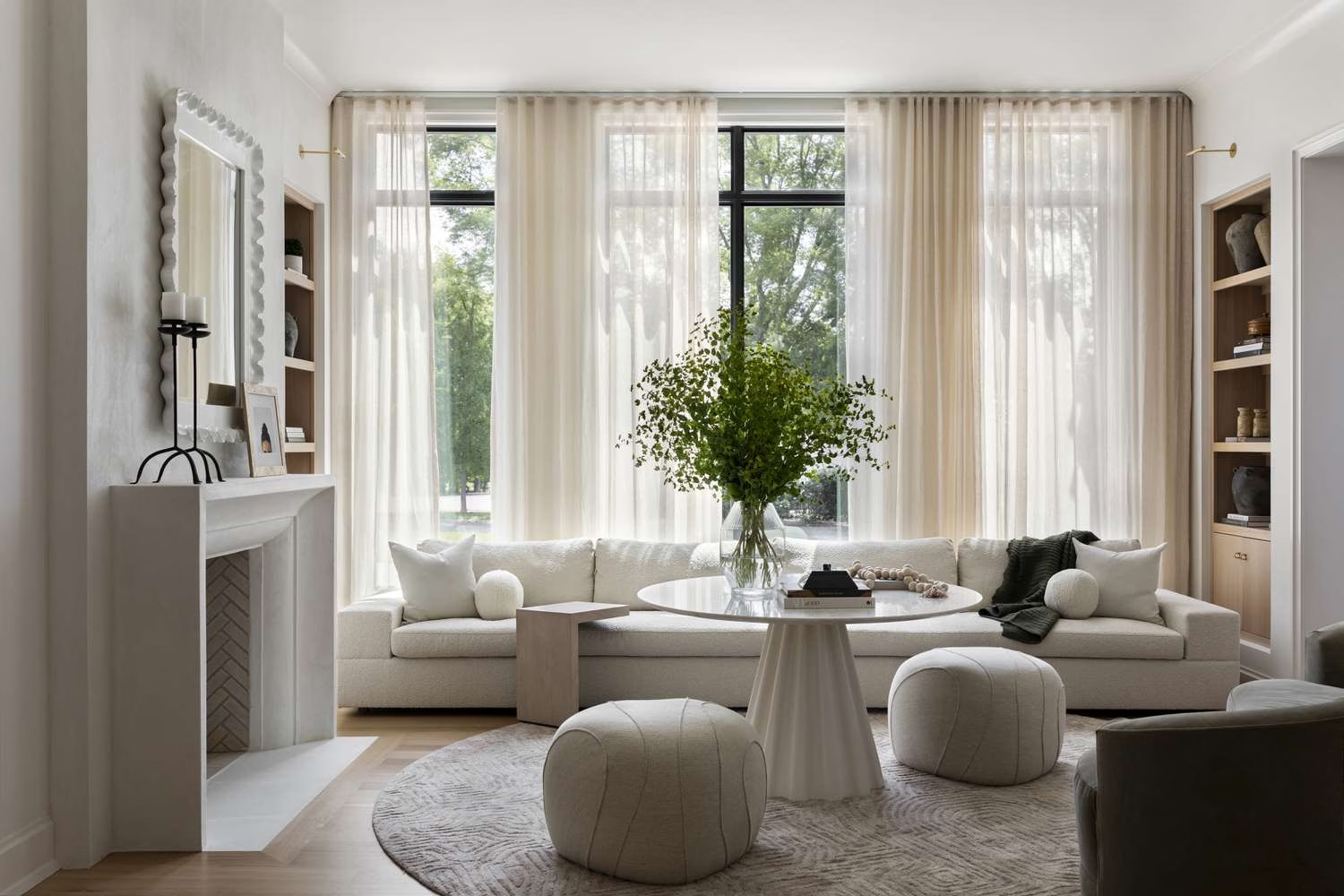In today’s fast-paced world, many people are rediscovering the art of living with less. Minimalism is more than just a design trend—it’s a lifestyle that encourages intentional living, simplicity, and clarity. By removing excess from your environment and focusing only on what truly matters, you not only create a cleaner home but also achieve a calmer, more focused mind.
Minimalist living doesn’t mean you must get rid of everything or live in a bare white space. Instead, it’s about choosing quality over quantity, purpose over impulse, and mindfulness over chaos. If you’ve been feeling overwhelmed by clutter—both physical and mental—embracing minimalism may be precisely what you need.
Why Minimalism Matters
The average person today owns far more items than they truly need. Closets overflow with clothes we don’t wear, kitchens are packed with unused gadgets, and our digital spaces are filled with endless files, emails, and apps. This overload doesn’t just crowd our homes; it also clutters our minds.
Research has shown that clutter contributes to stress, anxiety, and even feelings of guilt. When you live in an environment filled with excess, your brain constantly processes visual distractions, leaving you mentally exhausted. Minimalism, on the other hand, creates breathing room. By reducing what surrounds you, you free up time, energy, and focus for the things that matter most—relationships, health, creativity, and peace of mind.
Decluttering Your Home
The first step to minimalist living often begins with the home. By simplifying your surroundings, you create a supportive environment that naturally encourages a more straightforward way of living. Here are some practical tips to start:
1. Start Small and Stay Consistent
Decluttering an entire house can feel overwhelming, so begin with one area at a time. It could be a drawer, a shelf, or even your car. Progress builds momentum, and soon you’ll notice how much lighter you feel with each space you free up.
2. Use the “One-Year Rule”
When deciding whether to keep something, ask yourself: Have I used this in the past year? If the answer is no, chances are you don’t need it. Exceptions can be made for sentimental or seasonal items, but most unused possessions only take up space.
3. Create Functional Spaces
Minimalism is not just about reducing possessions but also about making your home work better for you. Keep only items that serve a purpose or bring you joy. Organize them in a way that makes daily life simpler, not more complicated.
4. Let Go of “Just in Case” Items
Many people hold onto things “just in case” they need them someday. While it’s wise to be practical, most of these items rarely get used. Holding onto unnecessary possessions only prevents you from thoroughly enjoying the space you already have.
5. Prioritize Quality Over Quantity
Instead of owning many cheap items, invest in fewer high-quality ones that last longer. Whether it’s clothing, furniture, or kitchenware, choosing durable and timeless pieces saves money and reduces waste in the long run.
Decluttering Your Mind
Minimalism goes beyond physical spaces; it’s also about simplifying your inner world. Our minds often feel cluttered due to constant notifications, endless to-do lists, and unrealistic expectations. Here’s how to apply minimalism mentally:
1. Practice Digital Minimalism
Our devices are filled with apps, emails, and messages demanding attention. Simplify by deleting unused apps, unsubscribing from unnecessary emails, and limiting screen time. Turning off non-essential notifications can make a dramatic difference in mental clarity.
2. Learn to Say No
Overcommitment is one of the most significant sources of stress. By saying no to activities or obligations that don’t align with your priorities, you create space for what truly matters. Remember, every “yes” you give takes time and energy away from something else.
3. Embrace Mindfulness
Minimalism is about being present and intentional. Simple practices such as meditation, journaling, or mindful breathing can help you slow down, reduce mental noise, and gain clarity about your true priorities.
4. Focus on Fewer Goals
Instead of juggling dozens of ambitions, concentrate on a handful of meaningful ones. When your energy is spread too thin, progress becomes harder. By narrowing your focus, you achieve greater depth and fulfillment in the areas that truly matter.
5. Let Go of Perfectionism
Many people clutter their minds with unrealistic standards and self-criticism. Minimalist living means simplifying expectations and embracing imperfection. When you release the pressure to do everything perfectly, you free yourself to enjoy life more fully.
The Benefits of Minimalist Living
Adopting a minimalist lifestyle offers both immediate and long-term rewards:
Less stress: A tidy environment and simplified routines reduce anxiety and create peace of mind.
More time: With fewer belongings and commitments, you spend less time cleaning, organizing, or worrying.
Financial freedom: Buying less and choosing wisely saves money and helps build long-term stability.
Stronger relationships: Minimalism allows you to prioritize people over possessions, creating more meaningful connections.
Personal growth: By removing distractions, you can focus on passions, hobbies, and personal development.
Getting Started on Your Minimalist Journey
Minimalism doesn’t happen overnight—it’s a process of gradual change and intentional choices. Start by reflecting on what’s truly important to you. Then, slowly let go of the rest. Remember, minimalism is not about deprivation but liberation. It’s about creating more space for joy, purpose, and freedom.
Whether you begin with cleaning out a closet, limiting your social media use, or simplifying your daily routines, every step counts. Over time, you’ll notice that life feels lighter, calmer, and more meaningful.
Final Thoughts
Minimalist living is not about living with nothing—it’s about making room for everything that truly matters. By decluttering your home and mind, you can cultivate a life filled with clarity, balance, and purpose. In a world that constantly tells us to want more, minimalism reminds us that sometimes, less is truly more.




